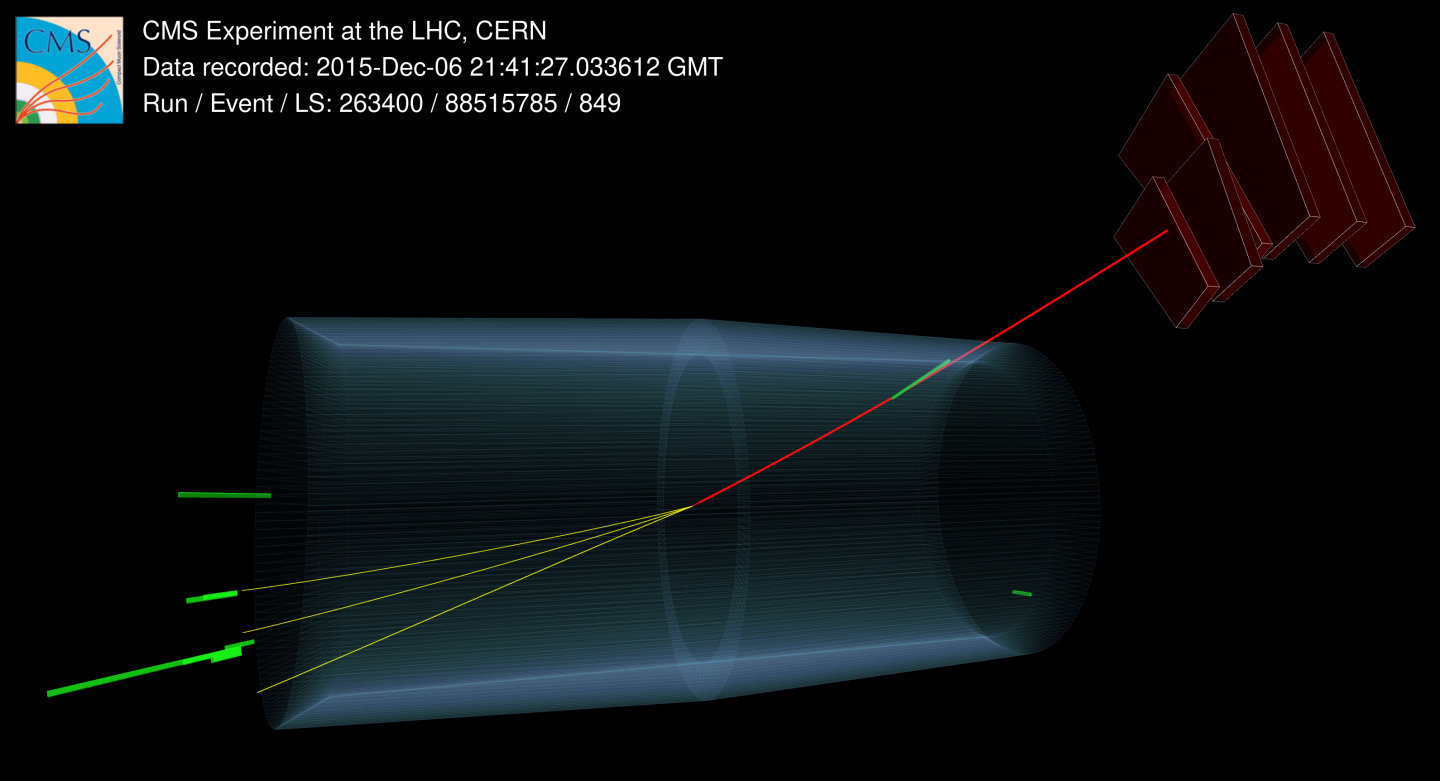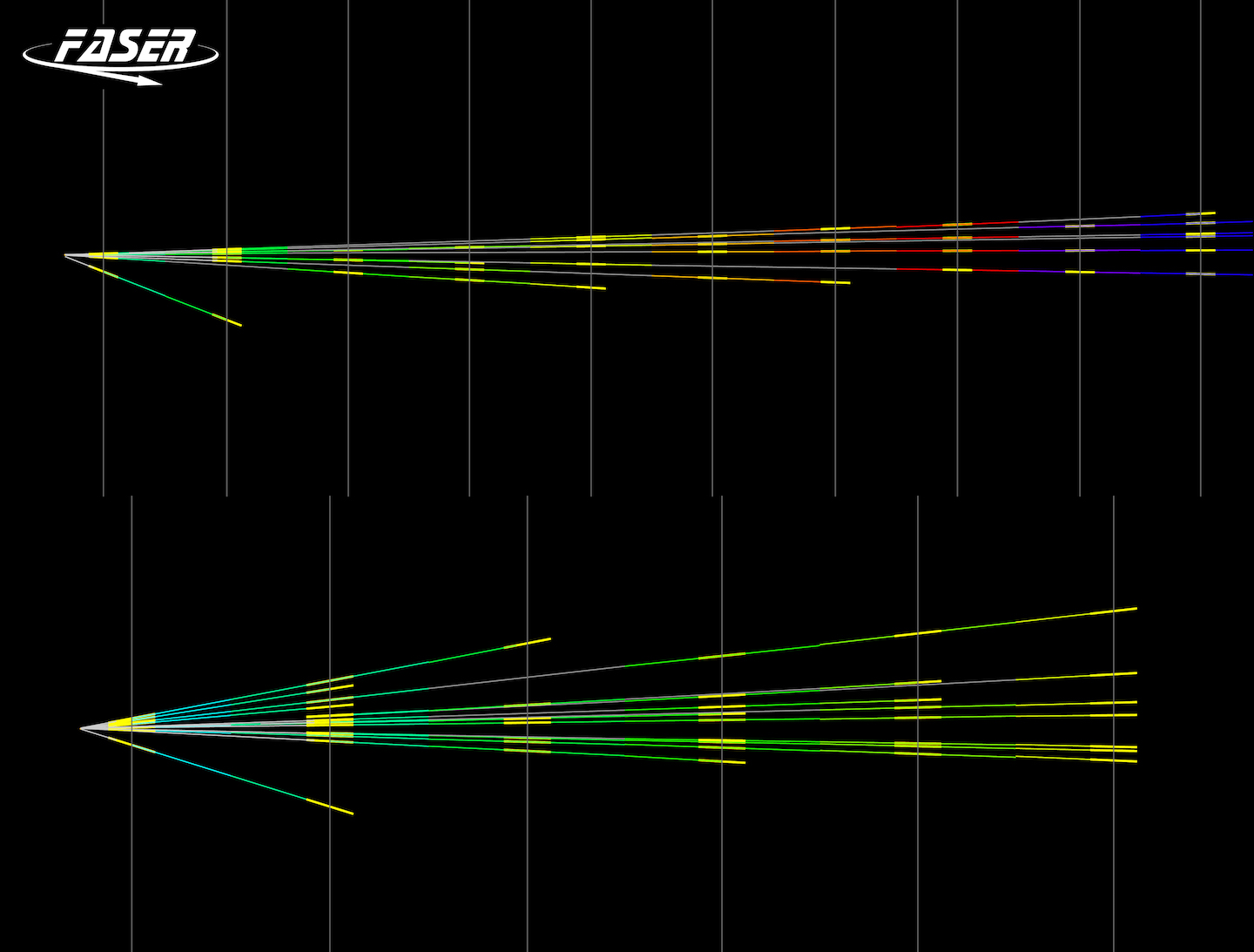LHC Working Group on Forward Physics and Diffraction
Madrid
The September 29-October 2 2025 four-day workshop in Madrid of the LHC Physics Centre at CERN (LPCC) Forward Physics Working Group provides a forum at CERN for experimental collaborations and theorists to meet and exchange latest results across all topics of forward physics at the LHC.
The workshop will take place at the Institute of Theoretical Physics (Campus de Cantoblanco 28049 Madrid Spain) and we will be hosted by Prof. Agustin Sabio Vera. To come to IFT, you can take Line C-4 (Colmenar Viejo or Alcobendas/San Sebastián de los Reyes), that takes you to the University (Cantoblanco-Universidad Station). You can pick it up in Atocha (main station in the Centre/South of Madrid), Nuevos Ministerios (Paseo de la Castellana) and Chamartín (main station in the North). After Chamartín, the second station is Cantoblanco-Universidad, where you should exit.





Forward physics is a diverse program at the LHC that requires innovative instrumentation and unique techniques to measure high-rapidity particles missed by standard central detectors. Special instrumentation ranges from near-beam spectrometers to zero degree calorimeters. Recent results have witnessed a remarkable breadth of advances underscoring the creativity of this community:
- definitive elastic scattering measurements,
- nonperturbative dynamics of the strong force,
- forward proton and neutron scattering,
- photon fusion production,
- collider neutrino measurements,
- searches for prompt and long-lived particles beyond the Standard Model,
- synergies with cosmic-ray observatories.
These developments open future opportunities to develop in exciting new directions.
This series of inter-experiment workshops provides a regular exchange of latest LHC results, ideas and techniques between experimentalists and theorists, sharpening open questions to chart future developments. We are a vibrant international community drawn to the richness of forward physics, where newcomers and early-career researchers are especially welcome to showcase their science.
The zoom connection is: https://cern.zoom.us/j/65303234188?pwd=36kOs1CYYabLdMgFu6efgpU3Mcb1S4.1 (password: 20252025)